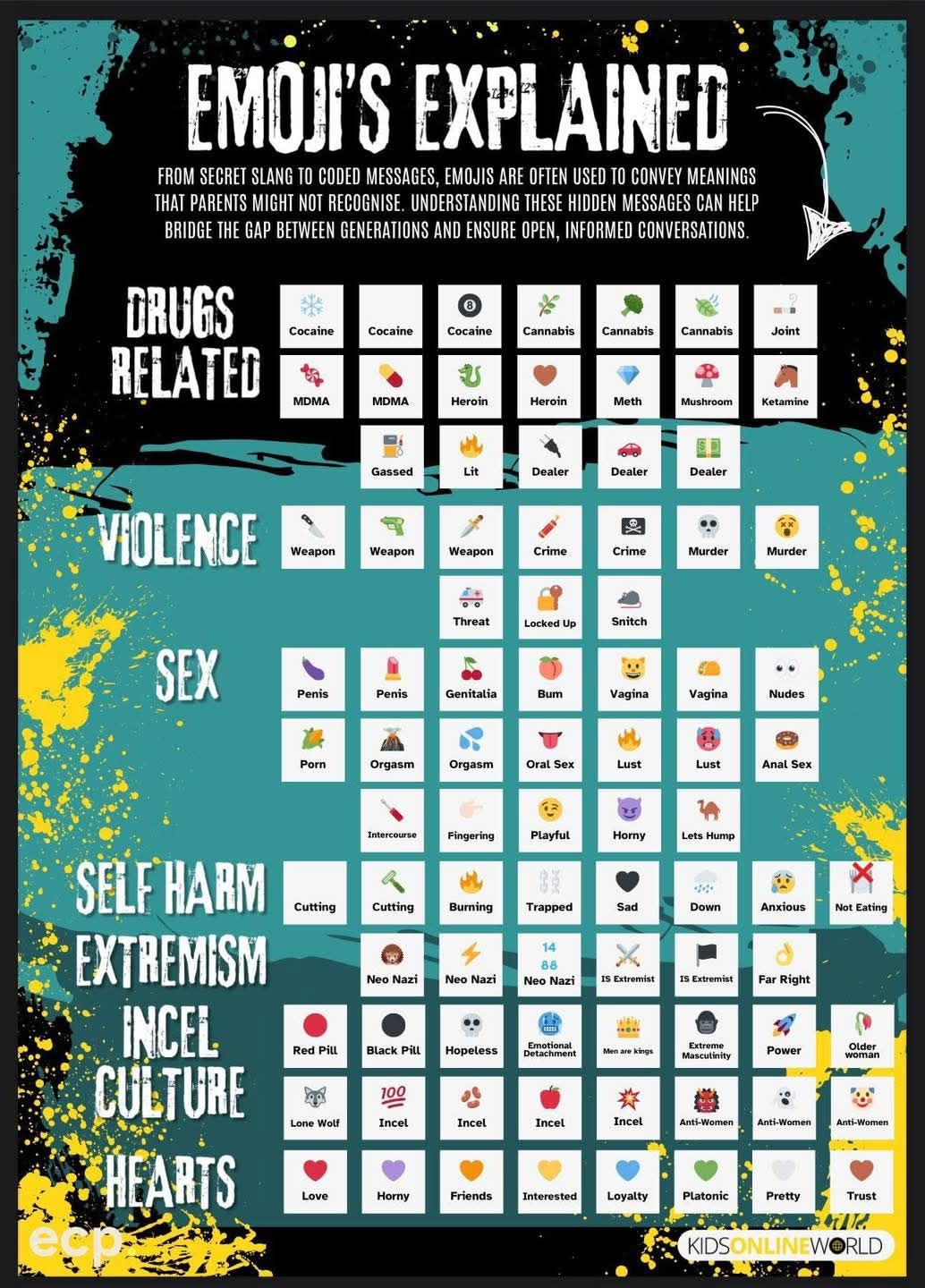Misogyny and online safety are back in the spotlight this week following the release of Netflix’s powerful new drama Adolescence, which recently made UK TV ratings history. The series follows the story of a 13-year-old boy arrested on suspicion of murdering a girl from his school. It explores the complex web of influences shaping young people’s identities, attitudes, and behaviours — from peer pressure and bullying to the pervasive influence of online misogyny.
So, what can we do to understand and tackle these harmful behaviours and beliefs?
One of the most effective ways to challenge gender stereotypes, online misogyny, bullying and abuse is to create space for wide-ranging, honest conversations with all young people.
Brook has a wealth of resources available to help support these conversations, whether you’re working with students, children or young people in your care. You can access them here.
Their resources include:
- Cyberbullying – An introduction to cyberbullying with examples and support for young people affected.
- What Does It Mean to Be a Man? – A look at the ideas that may come up in conversation and how to challenge gender stereotypes.
- Countering Online Misogyny in the Classroom – Practical tips drawn from real experiences of delivering sessions to boys and young men.
- Building Critical Thinking – Advice on helping young people analyse and challenge problematic ideas.
- Healthy Relationships – An introduction to the principles and signs of healthy relationships.
How Can Parents Stay Informed and Support Their Children?
Adolescence also highlights something crucial for parents, educators, and mentors – the coded language young people are using online, which often goes unnoticed by adults. Seemingly innocent emojis can carry deeper, sometimes concerning meanings.
As the drama shows, these conversations can be difficult — but they are also essential. Here are some ideas to help-
Start with curiosity, not conflict - Ask open questions like, “I read something about emojis having different meanings now – have you heard about that?” A relaxed tone helps build trust.
Create a safe space for conversation - Make it clear you're there to listen, not judge. If young people feel they’ll be punished, they’re less likely to open up.
Learn together- Ask them to explain their online world – what symbols mean, who they follow, and why. Understanding their perspective can strengthen your connection.
Encourage critical thinking- Help them question what they see online. - Ask, “Why do you think this group believes that?” or “Who benefits from this message?”
Open dialogue over secret surveillance - Rather than monitoring behind the scenes, make regular online check-ins a normal part of family life.
Talk about manipulation - Explain how some toxic online groups use flattery or “insider knowledge” to make young people feel special — and how to spot these tactics.
Boost real-world confidence - Young people who feel valued and confident offline are less likely to seek validation in risky online spaces.
The digital world moves fast, but staying informed and maintaining open conversations can make all the difference. If you have concerns you can reach you to your school or college’s Safeguarding Team.
.png)


.png)




